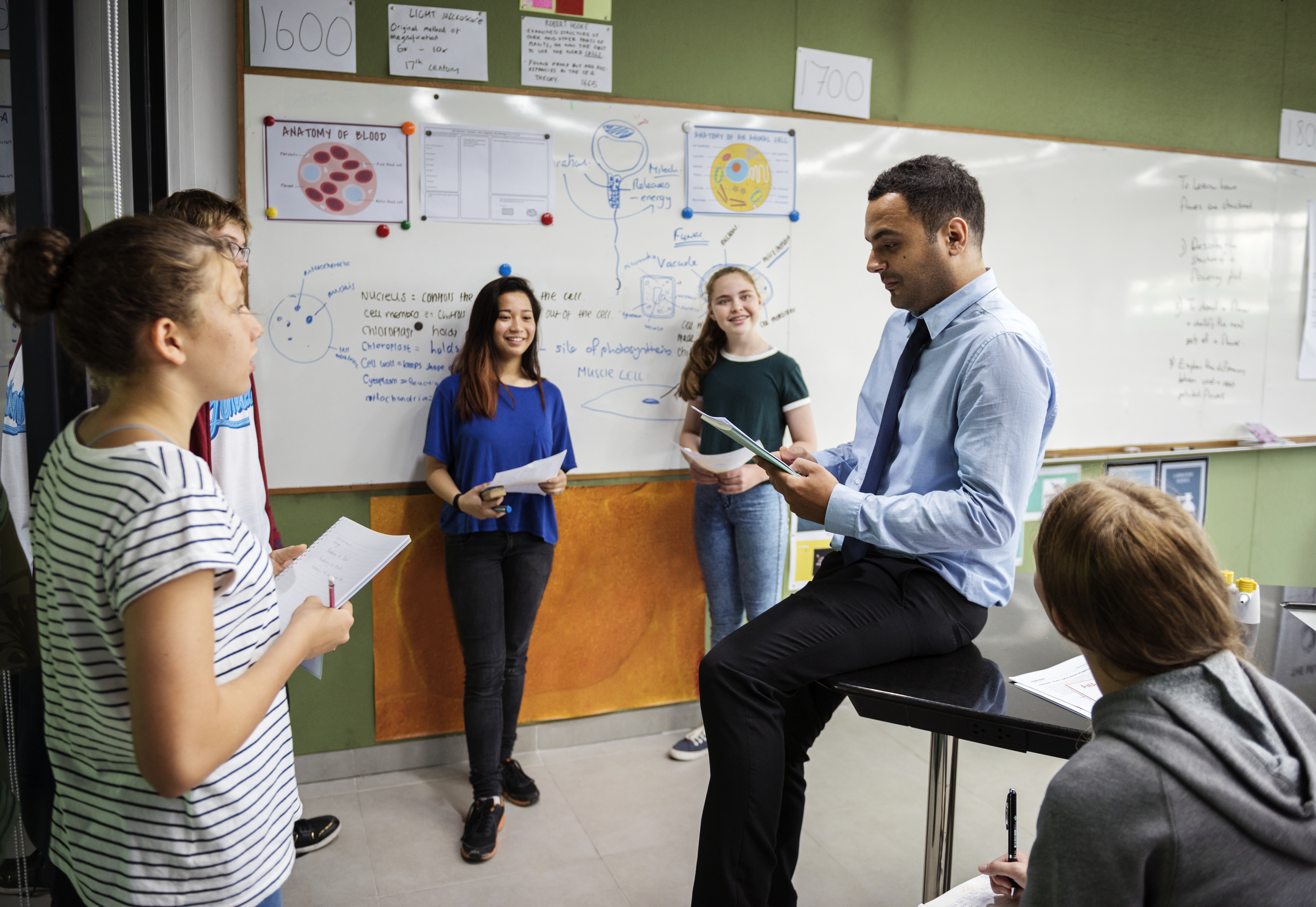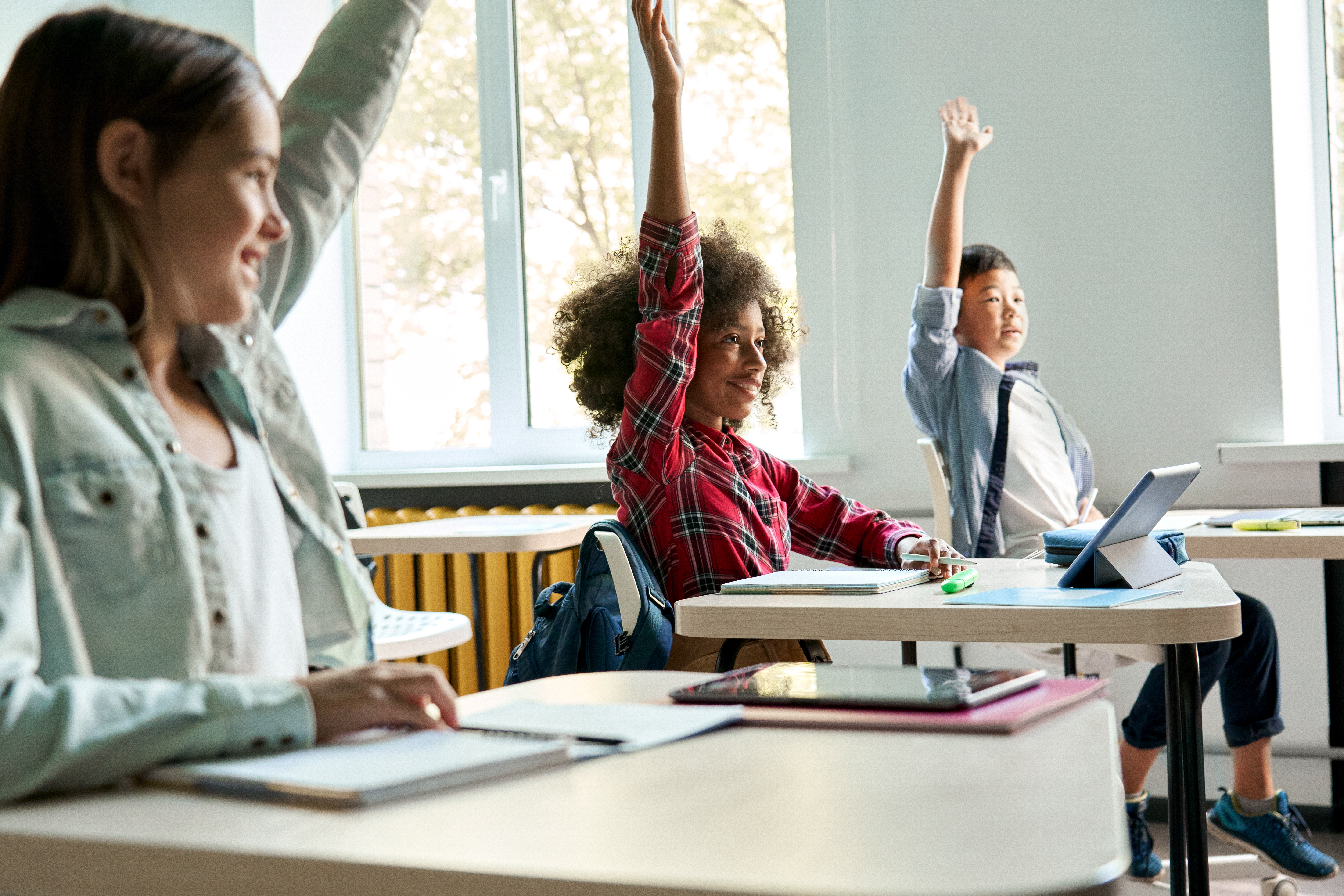
Group of students presentation in classroom
Empowering Futures: Top Strategies for Educators to Foster Resilience and Confidence in Gifted Students
Gifted students often face a unique set of challenges. The pressure to excel can lead to anxiety and self-doubt, making resilience and confidence vital for their success. As an educator, you hold the key to unlocking these essential qualities in your students. In this post, you’ll discover practical support strategies to nurture emotional growth and foster a thriving academic environment. Ready to make a difference in their lives? Let’s explore how you can empower these young minds with VK Creative Circle’s insights and tools. https://www.nagc.org/news/developing-resilience-in-gifted-students
Building Resilience in Gifted Students

Gifted students often face unique pressures that can impact their emotional well-being. Building resilience is crucial to help them navigate these challenges successfully. By fostering a supportive environment, educators can encourage resilience, enabling students to handle setbacks and grow stronger.
Encouraging a Growth Mindset
A growth mindset is essential for gifted students to develop resilience. It encourages them to view challenges as opportunities for growth rather than insurmountable obstacles. According to Carol Dweck, students with a growth mindset are more likely to persevere through difficulties. To cultivate this mindset:
Highlight the importance of effort over inherent ability. Praise students for their hard work and persistence.
Encourage self-reflection by asking students to identify what they learn from each challenge.
Model resilience by sharing personal experiences where effort led to success.
These steps can help students learn that their abilities can improve with dedication and practice. For more insights, visit this resource.
Developing Coping Mechanisms
Equipping gifted students with coping mechanisms is vital for their emotional resilience. These strategies can help them manage stress and anxiety, allowing them to focus on academic and personal growth.
Deep breathing exercises and mindfulness practices can be powerful tools for reducing stress. Encourage students to set aside a few minutes each day to focus on their breath, clearing their minds of distractions.
Furthermore, teaching students to identify their stress triggers can enable them to develop personalized coping strategies. This self-awareness helps them anticipate stressful situations and prepare accordingly.
Offering resources like these coping strategies can be a valuable addition to their toolbox, further enhancing their resilience.
Boosting Confidence in the Classroom

Confidence is key to a gifted student’s success. It empowers them to take risks, engage actively, and reach their full potential. In the classroom, educators can implement strategies to bolster students’ self-assurance.
Celebrating Small Wins
Recognizing and celebrating small achievements can significantly boost students’ confidence. These celebrations reinforce the idea that progress, no matter how minor, is a step towards greater goals.
Create a classroom culture where every achievement is acknowledged with enthusiasm.
Use visual aids, like progress charts, to track and celebrate growth over time.
Involve students in the recognition process, encouraging them to celebrate their peers’ successes.
These practices foster a positive environment where students feel valued and motivated to continue striving. For more on this approach, explore this article.
Providing Constructive Feedback
Constructive feedback is a powerful tool for building confidence in gifted students. It helps them understand their strengths and areas for improvement without diminishing their self-esteem.
Be specific and objective in your feedback, focusing on concrete examples rather than personal traits. This clarity helps students understand precisely what they need to work on.
Balance praise and critique to maintain motivation. Acknowledge what they did well while providing guidance on how to improve.
Engaging students in the feedback process by asking for their input can empower them to take ownership of their learning. To learn more about effective feedback strategies, visit this page.
Creating a Supportive Environment

A nurturing environment is essential for the emotional and academic growth of gifted students. By fostering a space where students feel supported and understood, educators can significantly impact their development.
Fostering Emotional Growth
Emotional growth is a cornerstone of resilience and confidence. By addressing the emotional needs of gifted students, educators can help them navigate their unique challenges effectively.
Encourage open communication by creating a safe space for students to express their feelings without judgment. Listening actively and empathetically can foster trust and openness.
Integrate social-emotional learning into the curriculum to address topics like empathy, self-awareness, and relationship skills. These lessons equip students with the tools to manage their emotions and interactions better.
For more strategies on supporting emotional growth, check out this resource.
Engaging with VK Creative Circle 🌟
VK Creative Circle offers tailored programs that support the emotional and academic needs of gifted students. By engaging with these resources, educators can provide students with additional support to thrive.
Participate in workshops designed to equip educators with innovative strategies for fostering resilience and confidence.
Collaborate with VK Creative Circle to create personalized plans that address specific needs of students, ensuring they receive the most effective support.
Explore the opportunities available through VK Creative Circle to enhance your approach to teaching gifted students. 🌟

A certified Heal Your Life® Coach with 20+ years in education and emotional development. Supports gifted teens in navigating anxiety, perfectionism, and identity challenges, while equipping parents with practical tools for lasting transformation. Sessions blend emotional healing, mindset mastery, and strategic empowerment.



